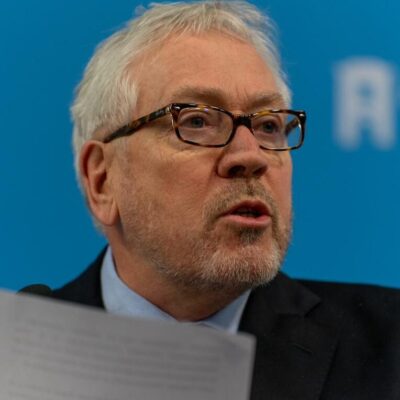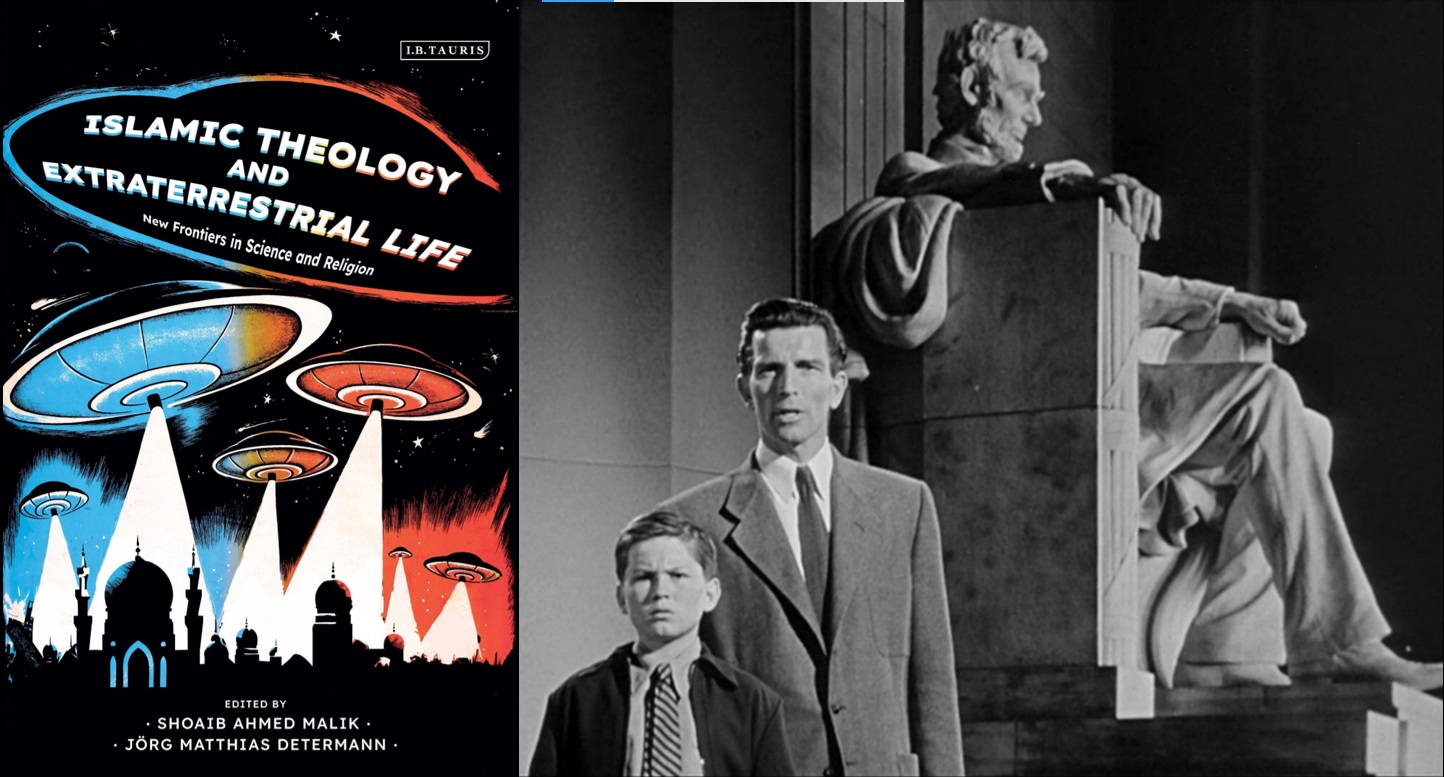
The aggression aimed at Jewish and Israeli citizens and targets in Western cities necessitates the question of what essentially fuels this widespread Islamic violence. Why is this demonstrative Islamic frenzy receiving remarkable support from Western non-Islamic actors? Or are they just 'useful idiots' in a greater play?
By Aart G Broek
A diversity of research fields helps to answer the question of what fuels Islamic (violent) aggression. These lead to the social-emotional phenomenon of 'shame'. Shame is a common human phenomenon. It is the painfully sad feeling we get when we are humiliated socially and emotionally – and often physically – inevitably accompanied by the growing fear of further humiliation.
It also angers us, mainly because of an (initial) feeling of powerlessness. In short, shame combines primary emotions: sadness, fear and anger. The experiences of shame chisel themselves into us like letters in marble, indelible.
Anger becomes dominant when we accumulate shameful experiences. Aggression channels shame. These experiences gain unprecedented power when we gain them in our socio-cultural environment. It is precisely there that we rightly expect much-needed 'security' (the opposite of being ashamed). Unfortunately, it is a general fact that we also gain these experiences in our living environment.
Miserable situation
Worldwide, Muslims often suffer severe shame experiences in their societies, which are supported by Islamic ideology. In this regard, we must remember the humiliating consequences of the outspoken dictatorial character of the Islamic states such as Iran, Afghanistan, Pakistan and Gaza under Hamas rule.
In such situations, the overwhelming inequality in well-being and prosperity, the vicious oppression of girls and women, the inferior education, the suffocatingly traditional socio-cultural codes, the inhibiting religious restrictions on intellectual development, and persistent slavery create a dire need to migrate to Western countries.
These shameful affairs may have long been considered entirely acceptable and even beneficial. Still, compared to developments in the Western world, they are increasingly humiliating.
Years ago, the American publicist Thomas L. Friedman pointed this out. 'The most underestimated emotion in the Arab world is humiliation. The Israeli-Arab conflict is not just about borders. Israel's existence is a daily humiliation for Muslims, who do not understand how, if they have the superior religion, Israel can be so powerful. […] The problem of the West is that it doesn't understand that.' (The New York Times, December 20, 2006)
The breeding ground for this shame has now been extensively researched. For example, the Dutch sociologist Ruud Koopmans, a professor at Humboldt University in Berlin, has convincingly documented the miserable situation in many Islamic countries, including in the study Het vervallen huis van de Islam [The dilapidated House of Islam] (Amsterdam, 2019).
However, it is worth questioning that 'religious causes' are responsible for this. Religious or secular ideologies cannot be the primary cause of aggressive excesses in human coexistence. What such ideologies - such as Islam, Catholicism, Maoism and other variations of Marxism - undoubtedly always and everywhere did is legitimise mutual relationships, whether of charity or torture and manslaughter.
Justification
People who exploit each other primarily cause deplorable disadvantages and daily disasters. This is equally the case in the Islamic world, where a well-organized 'religious' group justifies its positions of power with fundamentalist ideas. Islamic heritage is used for this legitimisation. However, that group of despots does not derive this power from Islam but from means of violence, of which an arsenal of 'weapons and war equipment' is the most important.
It is not without reason that Western knowledge was off-limits in Islamic countries for a long time while 'education in military strategy and technology' from the West was introduced. Marc David Baer, professor at the London School of Economics and Political Science, depicted selective 'shopping' in Western knowledge in an exciting way in his The Ottomans, Khans, Caesars and Caliphs (London, 2021). A radical interpretation of Islamic ideas, the equally radical restriction of freedom of expression and assembly, the promotion of conspiracy theories (for example, about Jews), and the ban on secular education and scientific research are supporting instruments of power that are used effectively.
Indeed, in everyday practice, all this is done in the name of Allah and His Prophet, but they are not the cause. Islam is a powerful means of justifying – by contemporary (Western or globally accepted) standards – largely outdated practices.
Scapegoat
This life practice causes an accumulation of humiliation. It thus fuels aggression and violence that cannot simply be expressed in one's own country and one's social groups in Western countries. To this end, freedom is lacking in Islamic dictatorships and often also the recognition of one's humiliating daily practice - although there are heroic examples of resistance, such as 'the Arab Spring', 2010/1.
The (supposed) culprit of the shameful evil must come from outside. In this way, time and time again, the Western world in general and Israel – or the Jews – became the scapegoat.
After the Hamas attack of October 7, Israel's violent defence of its coexistence is a patent 'reason' for Muslims to finally be able to demonstrate, let off steam, and release shame, not only in Western countries but even in the most dictatorially led Islamic countries. Even if you put down a 'stick' to hit the 'dog' (as Hamas did), the breeding ground is its shameful shortcomings.
It is undoubtedly advisable to take the scope of shame into account when channelling the humiliations we suffer through various forms of Islamic-based violence and other forms of aggression. These have now acquired considerably threatening content, even to such an extent that historian and journalist Douglas Murray believes it should be referred to - the title of his bestseller - The War on the West (London, 2022)
On the other hand, we are also aware of flawed actions in our Western society that lead to (severe) experiences of shame, which are widely recognised. Substantial problems with the colonial past, housing supply, environmental pollution, healthcare, immigration, poverty, education, allowances and the like cause humiliating experiences and reinforce the fear of more of the same or worse.
Especially among the (future) professional and managerial class—influential and inclined to morally judge others—there appears to be a particular shame for their prosperity and well-being. This fuels an ostentatious involvement with (supposed) victims.
As mentioned, shame is a general human phenomenon that naturally fuels aggression among Western people and the need to seize opportunities to 'release' oneself. In contrast to the Islamic world, however, discharging shame is possible in Western societies, including Israel - which is noted and thanks to the Enlightenment and the Jewish dissident Baruch Spinoza.
At the end of the 17th century, the foundation was laid for, among other things, giving, taking, and facilitating 'contradiction'. In the Western world, we learned to search for our own conscience and (potentially) blame ourselves. However difficult to live up to, Enlightenment ideas remain distinctive for the Western world from the Islamic world. There, given selective ‘shopping’, the Enlightenment has passed by.
The Western world also has people who need a scapegoat for the many failures in their society. A diluted Enlightenment ideal of virtue ensures that Western pro-Palestine activists exclusively search for their 'own' conscience. In fact, boundlessly presumptuous and complacent, they take all the blame for all the misery in the world, including the current war in Gaza, into their Western fold, more specifically into that of Israel. The Islamic aggressor, therefore, remains out of the picture and can only be seen as a victim of the Western world.
The extremes meet in city squares, stations, ministries, museums, and university buildings, embarrassed and aggressive. Both are equally out of balance, but the aggression that Muslims unleash on the Western world is exclusively reinforced by Western activists and not the other way around. This shifts the assumed debt tyrannically in one direction. These activists can, therefore, indeed be labelled as 'useful idiots'. Searching one’s conscience has never been intended to take on the guilt of all humanity as a 'saviour'.






